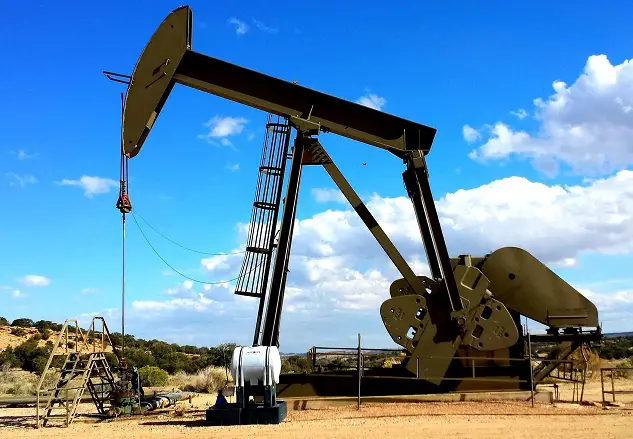Following the decision of Angola to exit the OPEC coalition of oil producing nations, several OPEC member nations affirmed their commitment to the coalition and its objectives Saturday.
Earlier in the week, Angola announced it was exiting the coalition, noting that its membership in the organization no longer served the African country’s interests. Angola made the move after OPEC had asked it to reduce its production output by 1.1 million barrels per day as part of the cartel’s strategy to reduce overall global production to support the price of oil on the world markets. The nation’s exit reduces the total number of countries in the organization to 12, and it provoked responses from the remaining member nations.
Bruno Jean-Richard Itoua, the minister of hydrocarbons for Congo, said in a statement following the departure of Angola, “We reiterate our firm support for unity and cohesion at the heart of OPEC and OPEC+. Each member, whether African or not, plays an indispensable role in achieving our shared objectives and in maintaining the balance of the global oil market.”
Heineken Lokpobiri, the Nigerian Minister of State for Petroleum wrote on X, formerly known as Twitter, that Nigeria is, “resolute in our dedication to OPEC’s objectives while actively engaging with the organization to address concerns that resonate not only within our nation’s borders but across the continent.”
Assem Jihad, the spokesman for the Oil Ministry of Iraq, defended the cartel’s position on output quotas, saying in a statement to the Iraq News Agency that the group, “is trying to achieve the highest rates of balance between supply and demand to achieve stability in the global oil market.” It is expected that the country will make some of the cartel’s biggest cuts in production output next month, to aid it meet its new quota.
Now Angola will join other nations which have left OPEC in recent years for various reasons, including Qatar, Indonesia, and Ecuador. However analysts note that the departure of Angola may herald a period of increasing chaos within the cartel and dissension within the ranks over the group’s production cuts.
Starting in late 2022, OPEC and its allied members, which compose OPEC+, took a series of steps which were designed to help stabilize the oil market and support the price of crude oil.
More recently, the price of crude has fallen about 20% in the previous three months, leading OPEC+ members to agree to deepen their production cuts to a total of roughly 2.2 million barrels per day (bpd), beginning in the first quarter of next year. However they said if market conditions appear favorable, they plan to gradually increase their output over the second quarter.


